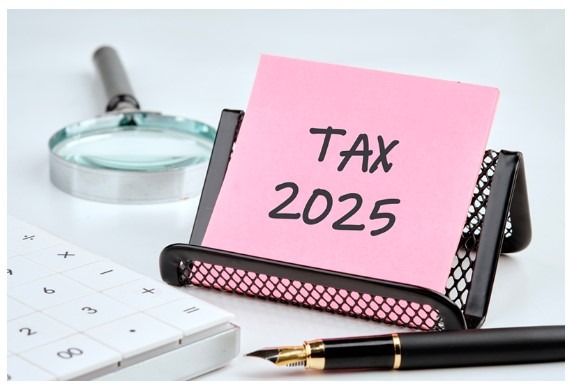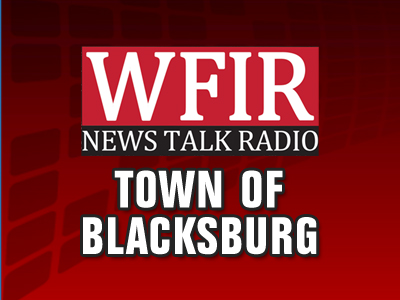Attic Productions in Fincastle is trying something new – with something old. As WFIR’s Denise Allen Membreno...
Across Virginia
Layman Family Farms is trying something new this spring. As WFIR’s Denise Allen Membreno tells us the...
Botetour County has a new tool in its arsenal for directing people to its outdoor amenities. Let’s...
Cave Spring and Hidden Valley High Schools are staging spring plays. The two schools have been collaborating...
The Mill Mountain Zoo is back to its seven days a week warm weather schedule. The nonprofit...
The Southwest Virginia Wildlife Center has grown into a regional center which helps wildlife recuperate and get...
The 12th annual Backpack Run is happening this Saturday at Roanoke County’s Green Hill Park. As WFIR’s...
March is Brain Injury Awareness Month. The RUBI Center at Radford University offers brain injury survivors the...
Roanoke residents came out to Golden Cactus Brewing to celebrate the election of Joe Cobb as Roanoke...
Downtown Roanoke Incorporated calls it the unofficial start to spring. Saturday is the Freedom First St. Patrick’s...
After six months of renovations the Virginia Museum of Transportation is ready to unveil its new Maritime...
We are in the middle of tax season so Wallet Hub wanted to find out which states...
Protestors used International Women’s Day to call on elected officials to protect female reproductive rights. More from...
CHARLOTTESVILLE, Va. (March 7, 2025) – The University of Virginia’s Board of Visitors has voted unanimously to...
Virginia is one of the leading states in solar power. As WFIR’s Denise Allen Membreno reports not...















